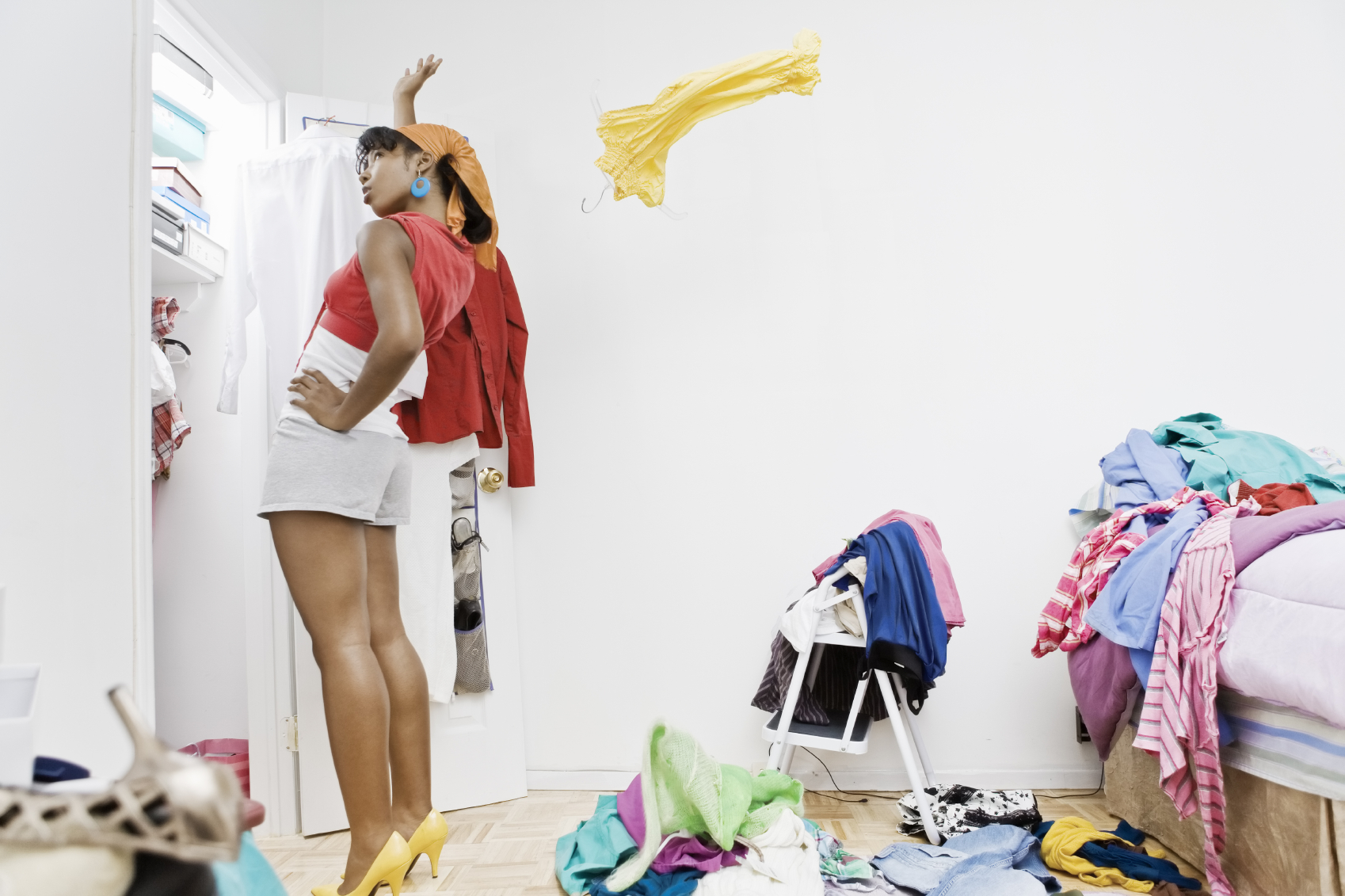
Making up just 5% of the world’s population, the US consumes 30% of the world’s resources and creates 30% of the world’s waste. We have so much stuff that finding a place to put it is big business; the self-storage industry is booming. Today, it is physically possible for every American to stand at the same time under the canopy of self-storage roofing in the US. It’s no surprise, then, that Marie Kondo, author of best-selling book “The Life-Changing Magic of Tidying Up,” has started a de-cluttering craze.
On her Netflix show, Kondo teaches clients to make their homes more livable through her special organizing process. The result is large piles of garbage bags filled with clothing, home furnishings, and other items that no longer “spark joy” for their owners. Read on for tips to break free of clutter, sustainably!
The true solution to too much stuff, of course, is to consume less, buy better, and care for what we already have—this makes it easier to maintain a comfortable home, and helps the planet too! Next time you put your stuff on the curb, consider that for every garbage can placed out for collection, the equivalent of 71 garbage cans' worth of waste is created in mining, agriculture and other industrial processes to convert raw materials into finished products and packaging.
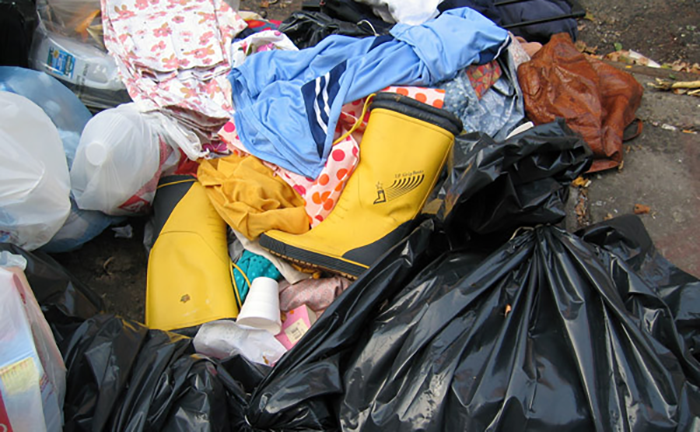
Tips to Responsibly De-Clutter Your Life:
1: Clear it out. To achieve the highest use for unwanted items, choose to swap or donate what’s usable. For items such as electronics, household chemicals, and personal documents, check out local resources and special events to recycle or safely dispose. Need a little extra help getting started? Check out How to Declutter Your Home Fast: A Checklist for the Messy.
2: Get organized.When you’ve successfully pared down, reorder your home for daily life.Good organization keeps you from buying things you don’t need or already own, and can create a happier, less stressful living environment.Check out 10 Ways to Unclutter Your Life.
3: Change habits.To remain clutter free, slow the flow of new things into your home. Prevent future waste buy buying wisely—choose high quality items you truly need and intend to use. Try out zero waste practices like repairing what you already own and love, (see Fixers Collective, Mend It Mondays, Fix It Fridays) and buying bulk and package-free groceries. Spend less time shopping and managing stuff, and more time on non-commercial activities like enjoying culture, spending time in nature, and volunteering.
Want to stay on top of NYC zero waste news and resources? Subscribe to our monthly NYC Recycling Updates!





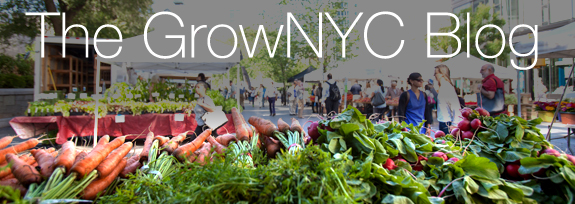




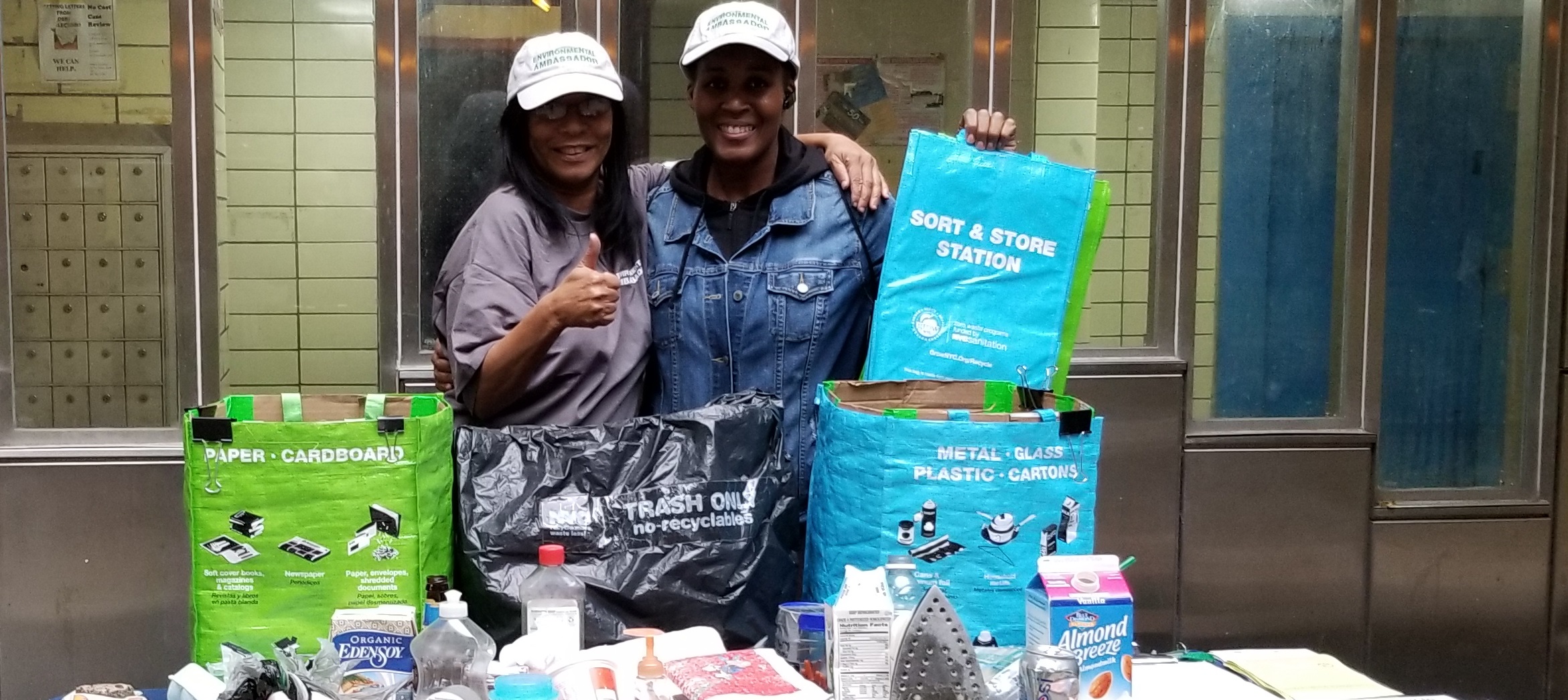

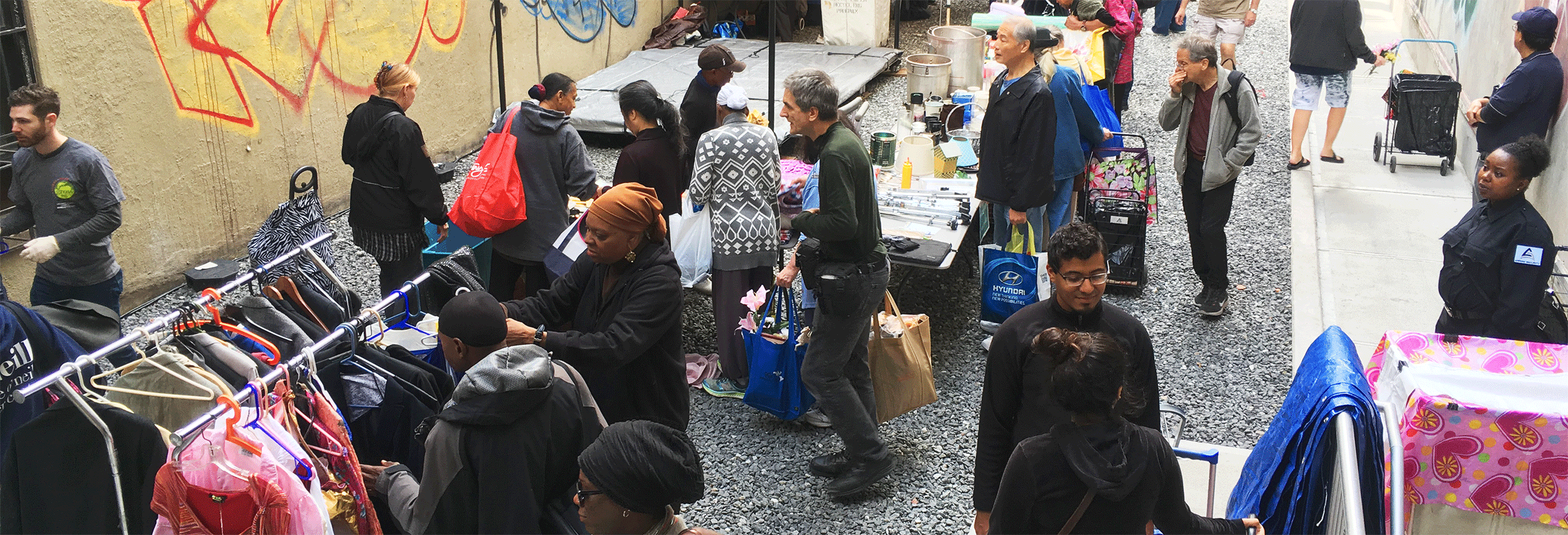
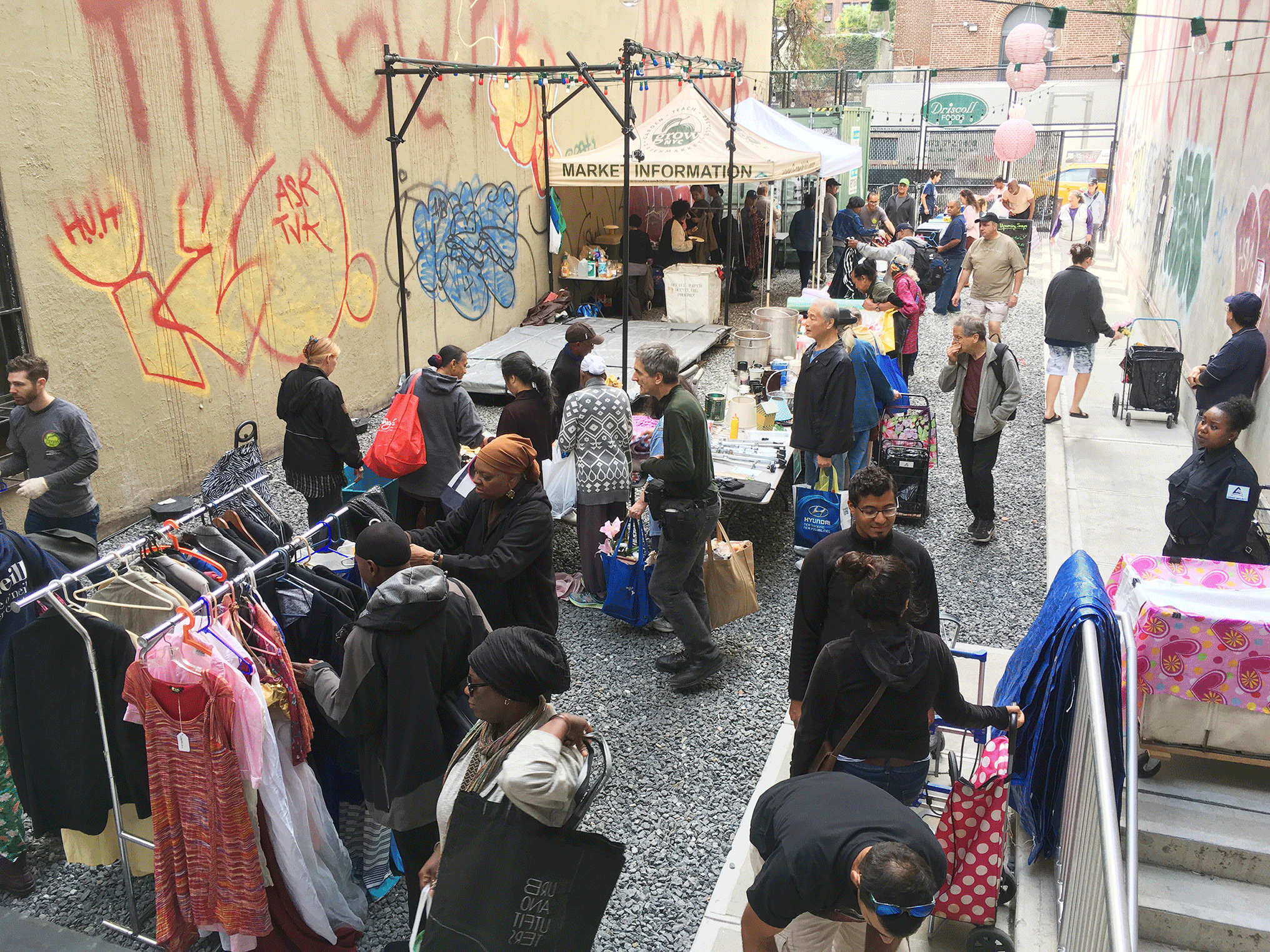
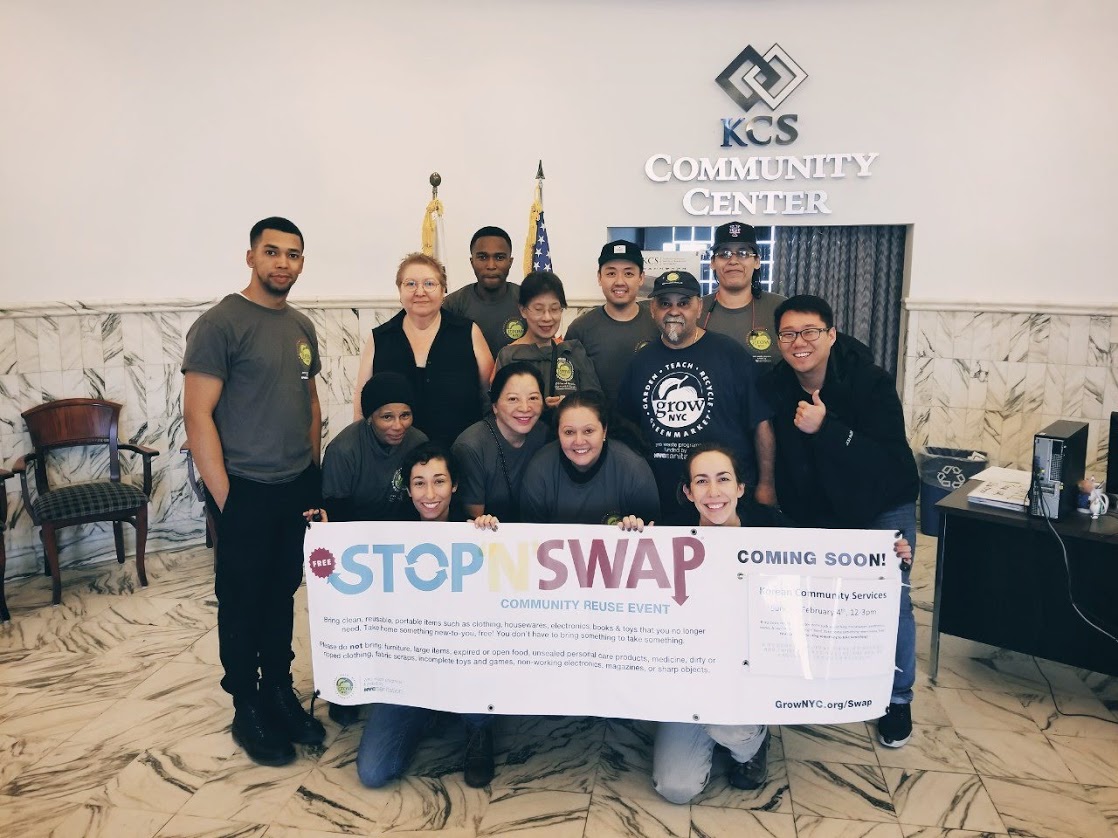
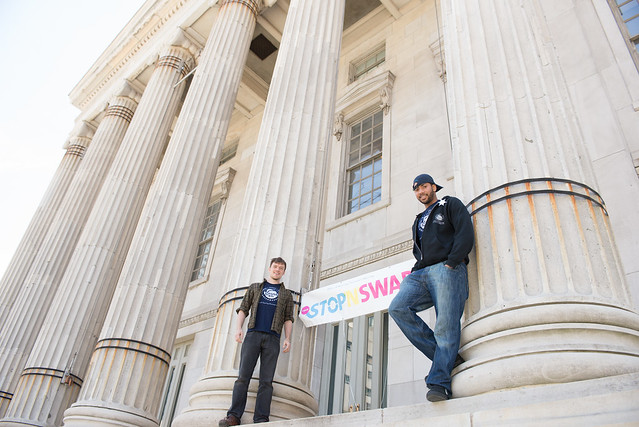


 With Halloween 2014 coming on the heels of the
With Halloween 2014 coming on the heels of the